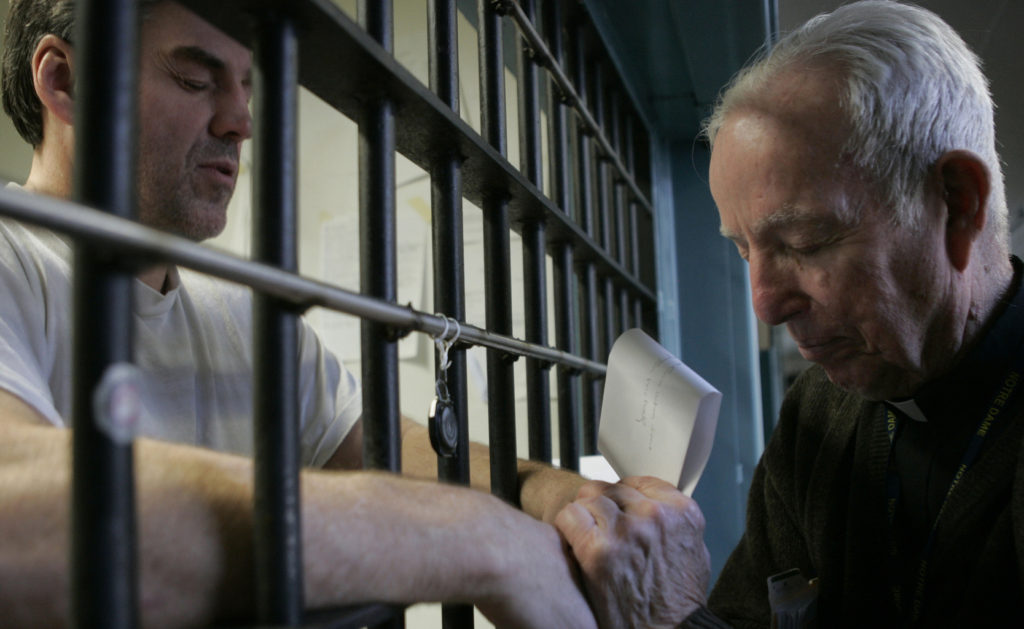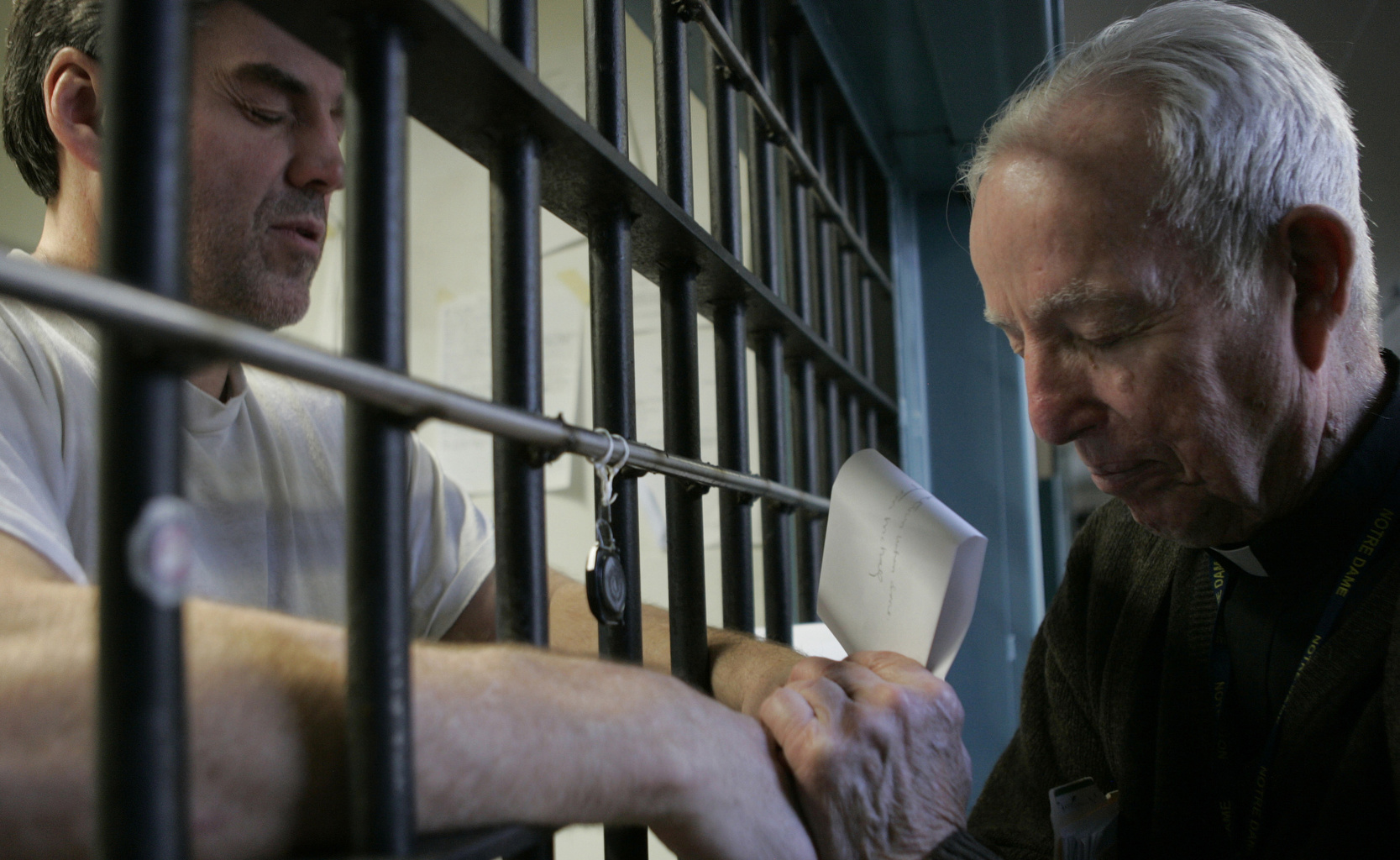
WASHINGTON (CNS) — In another in a series of bitterly divided end-of-term cases, the Supreme Court June 29 upheld the execution protocol used by Oklahoma and several other states.
In a 5-4 ruling, Justice Samuel Alito upheld lower courts that said the use of the drug midazolam in lethal injection does not violate Eighth Amendment protections against cruel and unusual punishment.
The majority opinion noted that it has been previously established multiple times that capital punishment is constitutional and only delved into whether the claims by Oklahoma death-row inmates that the effects of the drugs used in lethal injection are unnecessarily painful. Among the reasons Alito cited in upholding lower courts were that “the prisoners failed to identify a known and available alternative method of execution that entails a lesser risk of pain.”
According to the “Catechism of the Catholic Church,” the Church does not exclude the use of capital punishment, assuming the offender’s identity and resposiblity are certain, but only “when this is the only practicable way to defend the lives of human beings effectively against the aggressor” (2267).
However, quoting St. John Paul II’s “Evangelium Vitae,” “If, instead, bloodless means are sufficient to defend against the aggressor and to protect the safety of persons, public authority should limit itself to such means, because they better correspond to the concrete conditions of the common good and are more in conformity to the dignity of the human person. Today, in fact, given the means at the State’s disposal to effectively repress crime by rendering inoffensive the one who has committed it, without depriving him definitively of the possibility of redeeming himself, cases of absolute necessity for suppression of the offender ‘today … are very rare, if not practically non-existent.’”
Justices Antonin Scalia and Clarence Thomas each filed concurring opinions with the majority. Alito’s majority ruling also was joined by Chief Justice John Roberts, Scalia, Thomas and Justice Anthony Kennedy.
Two of the four justices who disagreed with Alito each wrote a dissenting opinion, including one in which Justices Stephen Breyer and Ruth Bader Ginsburg called for briefings on whether the death penalty itself ought to be ruled unconstitutional. “I believe it highly likely that the death penalty violates the Eighth Amendment,” Breyer wrote. “At the very least, the court should call for full briefing on the basic question.”
In his majority ruling, Alito devoted a great deal of discussion to the evidence presented about whether midazolam fails to act sufficiently as a sedative to prevent inmates being executed from suffering an undue amount of pain. The cases arose after several cases like that of Clayton Lockett. At his April 2014 execution, he writhed in pain for 40 minutes before dying of apparent heart failure.
Alito recounted the circumstances leading to the use of midazolam, which has become an alternative for other drugs, whose manufacturers refuse to supply them for use in executions. He also went into graphic detail about the murders committed by the death-row inmates who sued.
In his concurrence and pointed disagreement with Breyer, Thomas also described brutal crimes that landed people on death row. It was the third criminal justice case in the last weeks of the term in which Thomas has made a point of writing about severe sentences being necessary because of the pain inflicted on crime victims and their families.
— By Patricia Zapor






